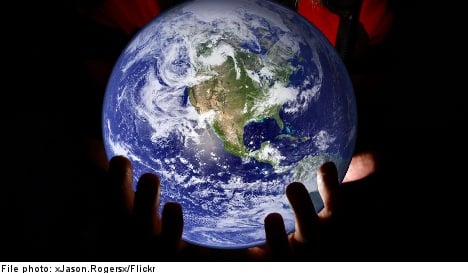The survey, which was based on interviews with 730 global business executives from around the world, measured the degree of globalization of the 60 countries with the largest gross domestic product (GDP).
Factors considered included openness to trade, capital movements, exchange of technology and ideas, labour movements, and cultural integration.
“This latest edition of our annual globalization report clearly shows that globalization is evolving against a highly volatile economic backdrop,” said James Turley, Chairman and CEO of Ernst & Young, in a statement.
“Although globalization continues, its pace has slowed from pre-recession levels and its nature has changed.”
Sweden, which kept an almost identical score as in 2011, performed best in its openness to trade, yet suffered its lowest score in the technology sector.
Finishing in first place in the ranking was Hong Kong, followed by Singapore and Ireland.
Sweden’s neighbours also fared well in the list, with Denmark finishing eighth at almost the same score as Sweden, Finland 13th, and Norway 23rd.
Top Ten countries in globalization ranking by Enrst & Young
1. Hong Kong
2. Singapore
3. Ireland
4. Belgium
5. Switzerland
6. Netherlands
7. Sweden
8. Denmark
9. Hungary
10. United Kingdom
TT/The Local/og



 Please whitelist us to continue reading.
Please whitelist us to continue reading.
Member comments